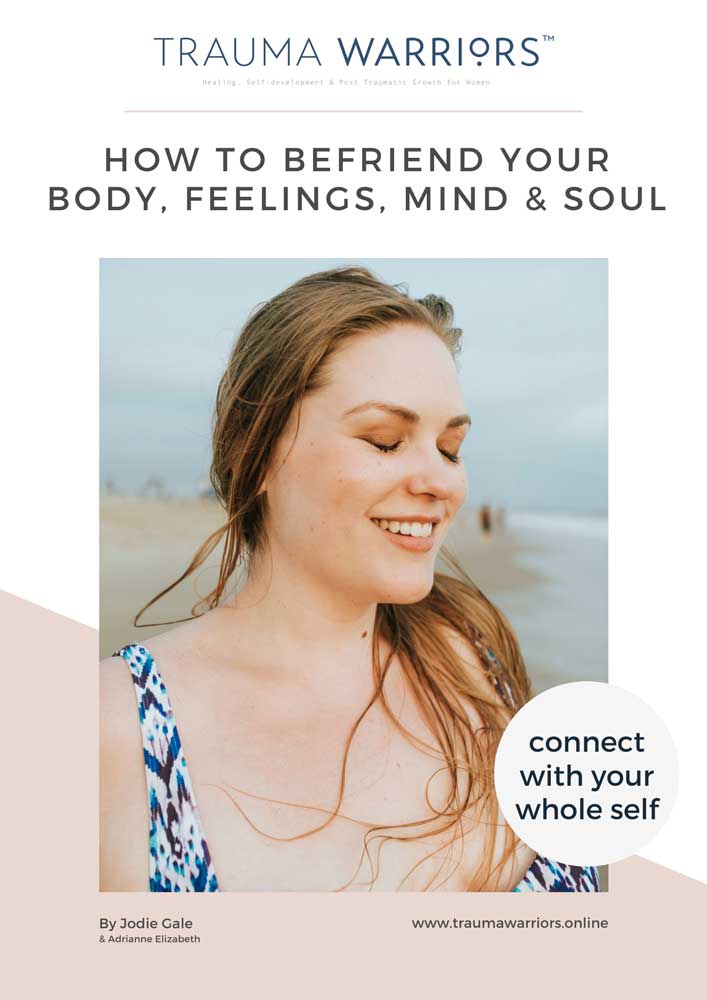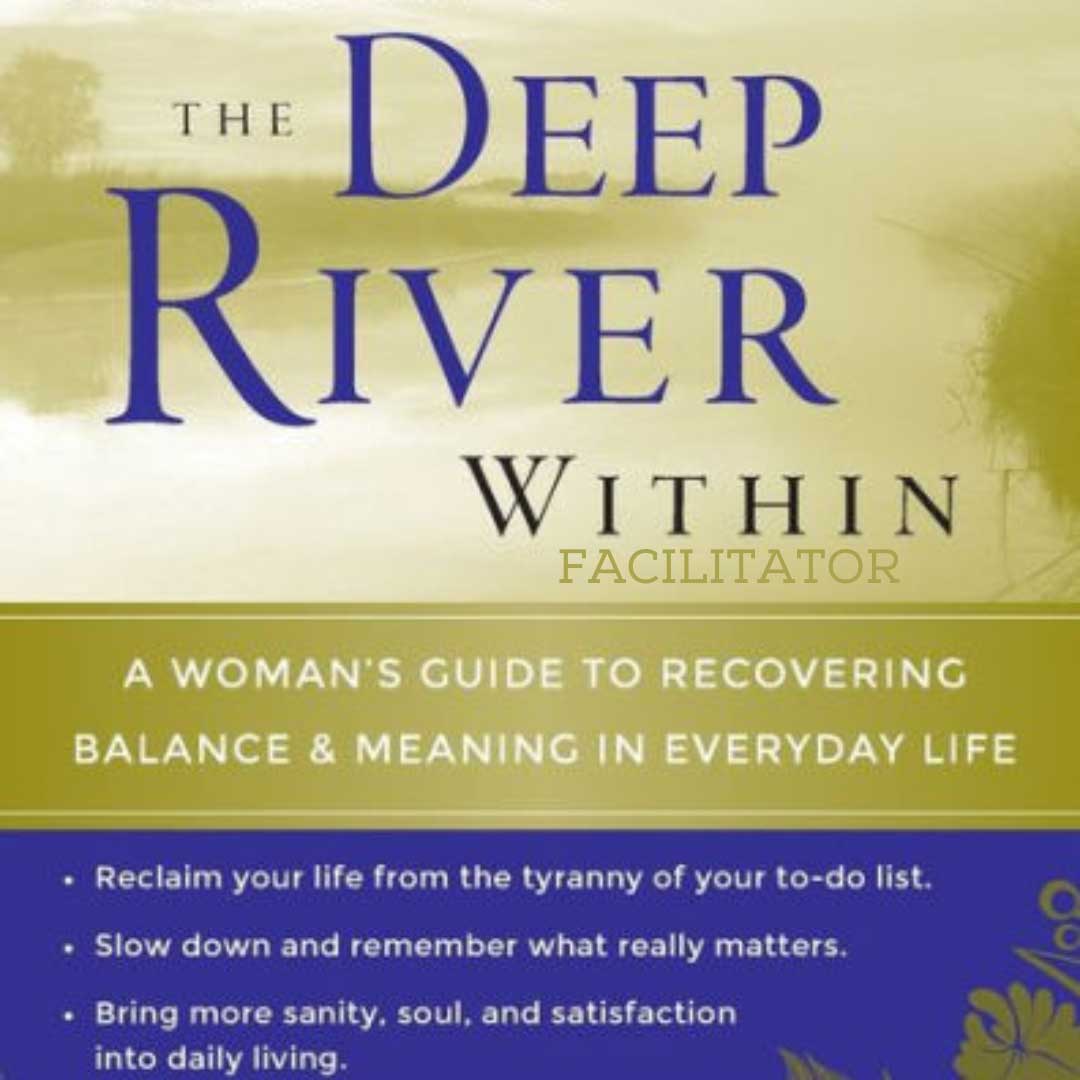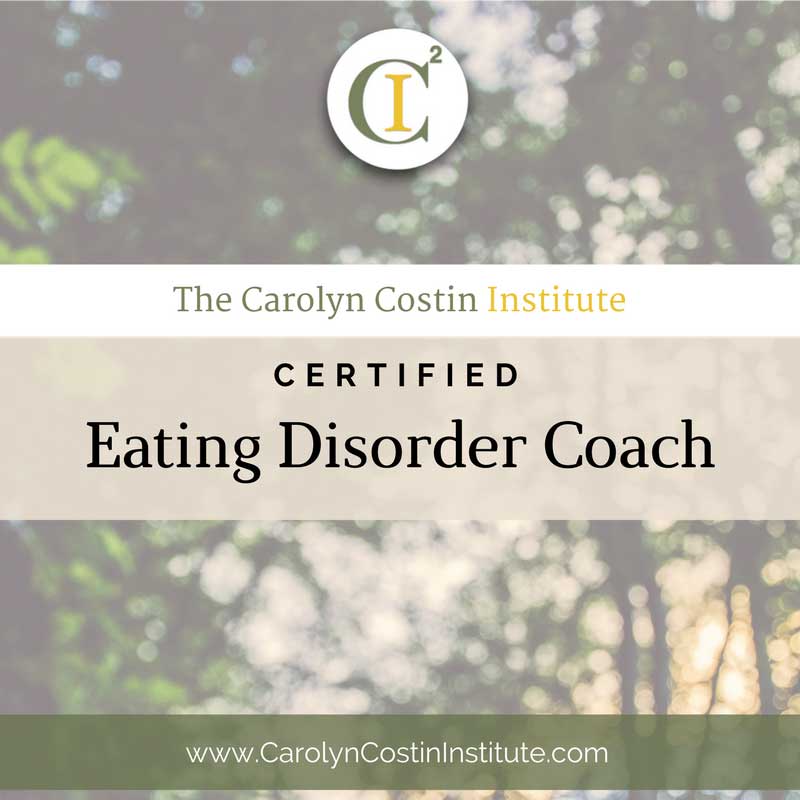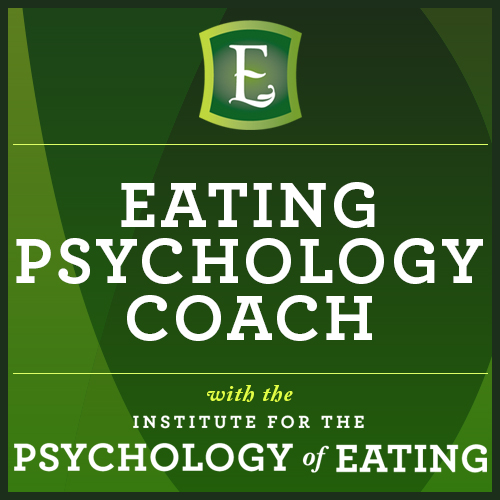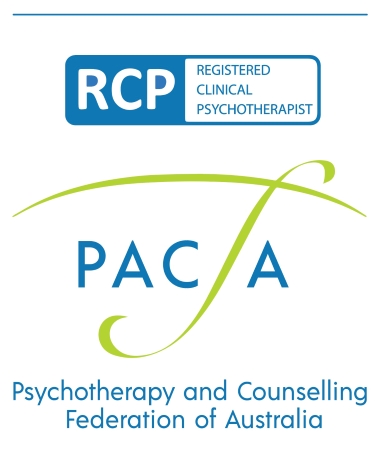© Can Stock Photo / cescassawin
Psychosynthesis: a psychology with a Soul.
Psychosynthesis is known worldwide as ‘a psychology with a soul’. It integrates the best that western psychology has to offer, along with eastern and western spiritual theories, practices and techniques; such as the art of presence, mindfulness, meditation and visualisation. Psychosynthesis is a holistic approach and can include an exploration of the physical, emotional, psychological, social, sexual, cultural, ecological and spiritual elements and influences on health and well-being.
Exploring spirituality is linked with better health outcomes
Spirituality in this context is often used to describe the deeper essence of who we are, the innate part of us that continuously calls us towards growth and wholeness. This is the spiritual Self, also known as the deeper or higher Self (capital S). The Self is made up of will and consciousness – it is our life force. When connected to our deeper essence, it provides us with renewed vitality, a way of understanding and finding value, meaning and purpose in life.
Roberto Assagioli, MD, the founder of psychosynthesis was a psychoanalyst and neurologist. Although heavily influenced by eastern and western spirituality, he was adamant that psychosynthesis would be accepted as a respectable scientific theory.
According to recent empirical research by MU College of Arts & Science, exploring spirituality is linked with better health outcomes. Dan Cohen believes that spirituality not only fosters better mental health but may help our relationships by decreasing self-centredness and increasing our sense of connectedness and belonging to a larger whole.
When I first wrote this article in 2012, the clinical psychology program at Columbia University was experimenting with integrating psychotherapy and spirituality in ways rarely seen at a major research university. They now have a whole department called the Spirituality Mind Body Institute: The Science of Spirituality. Sofia University in California has taught spiritual psychology for some time, psychosynthesis being one of the modalities.
Do I need to be ‘spiritual’?
One critique of a spiritual approach includes a fear that the therapist will not be neutral and may have expectations that we have to be spiritual. In their book, ‘A Psychotherapy of Love’, psychosynthesis authors Firman and Gila write that therapists ‘need to die to their world, in order to love their clients in their worlds.’ This kind of love is altruistic, empathic, selfless and unconditional. Because of its inclusive nature, psychosynthesis is perfect for people from all walks of life. Many people who do not consider themselves spiritual, including atheists have transformed their lives throughout psychosynthesis therapy.
A model of growth and transformation for dealing with crises
Considering global crises such as COVID and the climate crisis, displaced peoples, the widening gap between Indigenous and non-Indigenous Australians, personal crises such as addictions and a sense of ‘disconnection’ from self and others – it is important that we consider a holistic approach, including spirituality and spiritual influences.
The therapist holds the context that within every crisis, something new is seeking to emerge out of the experienced suffering that will eventually lead us to growth and transformation. Psychosynthesis author Stephanie Sorrel suggests that we cannot avoid all suffering in life, but through suffering, we can “enter into relationship with the world of soul and the potential richness of its wisdom (2009).” We don’t always have control over what comes our way, but we do have a choice about how we relate and respond to these events. Psychosynthesis therapy can help us find new life direction and a sense of empowerment even after the most unimaginable suffering.
Relationship is at the heart of psychosynthesis
Our relationship with our self is the premise for all further relationships. In neuro-psychosynthesis-psychotherapist Dr Stratford’s recent research, she found that a high therapeutic alliance impacted on brain and body; clients felt safer, anxiety was reduced, they gained insight and processed trauma. The empathic, unconditional love and acceptance experienced in therapy allows us to reconnect with our authentic self. Psychosynthesis gives us a context of hope for resolving difficulties in all of our relationships.
In psychosynthesis therapy
A psychosynthesis therapist is interested in the potential of human nature rather than diagnosis and equating us with our illnesses. The therapist uses ‘bifocal vision’ to see that we are more than our problems. Psychosynthesis practitioner Diana Whitmore writes that we are perceived “as a Self, a being with a purpose in life and with immense potential for love, intelligence and creativity…also as a personality, an individual made up of a unique blend of physical, emotional and mental characteristics” (2000, pg.70).
In therapy we might work through early childhood and past trauma, current issues in the here and now along with exploration of the vast potential for growth, healing and change. Techniques range from talking, dream work, art therapy, journaling, creative visualisation, mindfulness, psycho-education and self-reflection.
The benefits of psychosynthesis therapy
- Provides a safe space to explore your inner and outer world
- Learn how your problems could be the catalyst for growth and transformation
- Find resolution of the pervasive underlying causes of your problems
- Heal from early childhood trauma and abuse
- Find freedom from self-destructive thoughts and behaviours
- Build a toolbox of coping and life skills
- Build a strong foundation for healthy relationships
- Increase self-esteem, self-worth and self-confidence
- Become more intuitive and creative
- Reconnect with your authentic self
- Discover value, meaning and purpose in your life
- Experience self-actualisation and self-realisation
SIGN UP HERE TO BE NOTIFIED OF OUR NEXT PSYCHOSYNTHESIS TRAINING DATES
References
This article originally appeared on Australia Counselling
Gale, J. (2011). Eating Disorders: A Search for Wholeness. The CAPA Quarterly, Journal of the Counsellors and Psychotherapists Association of NSW (4) pp. 14-17, retrieved from https://jodiegale.com/eating-disorders-a-search-for-wholeness/ .
Firman, J., & Gila, A. (2010). A Psychotherapy of Love. New York: State University of New York Press.
Ottoman, Sharon. (2012). Merging Spirituality and Clinical Psychology at Columbia. New York Times Online. Retrieved on August 9, 2012 from http://www.nytimes.com/2012/08/10/education/columbia-program-merges-therapy-and-spirituality.html?_r=2&adxnnl=1&adxnnlx=1347128818-fOZOdKRgwI98IiwjE38QMA
Last updated 12/07/2024





